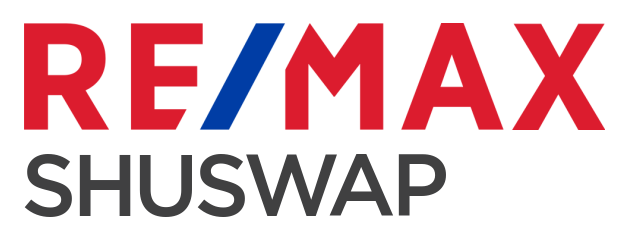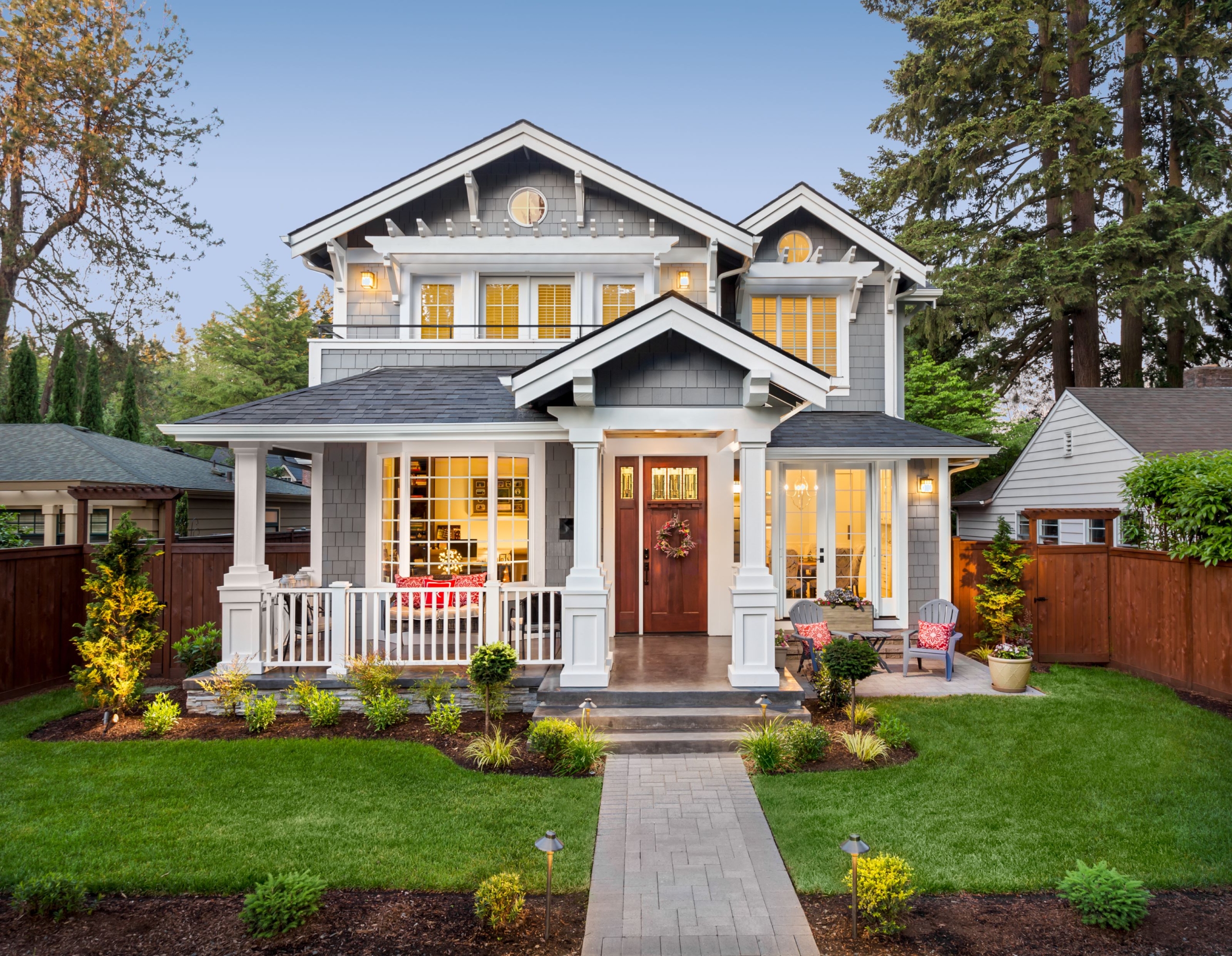The BC Government has proposed another new tax affecting real estate transactions, which is the BC Home Flipping Tax (no really,… that’s what it’s called!). If it proceeds, it will be applied to income from BC properties sold on or after January 1, 2025 if the property sold within 2 years from purchase, unless there’s an exemption. The tax rate will be 20% on income earned from properties sold within 365 days of purchase and will decline the longer a property is owned such that the tax is 0% at 730 days. The tax applies to income earned from the sale of properties with a housing unit, properties zoned for residential use, and the right to acquire the above properties such as assignment of a purchase contract. Both BC residents and non-residents are included. There is a long list of exemptions which includes circumstances such as divorce, death, disability or illness, relocation for work, involuntary job loss, change in household membership, insolvency, and personal safety. If you sell your primary residence within 2 years of purchase you may be able to exclude $20,000 when calculating your taxable income. Further details on exemptions and this program are to be forthcoming. Whenever there are tax implications associated with a real estate transaction, you are strongly advised to seek the advice of a professional such as an accountant or lawyer.
What is the concern with radon in homes? According to Health Canada, radon is the second leading cause of lung cancer in Canada. Radon is a colourless, odorless, radioactive, naturally occurring gas which is generated through the decay of uranium and other minerals in the soil. It may accumulate in homes by seeping up through cracks in the basement walls and foundation. It is present in BC, but there is no good way to define safe and unsafe areas, and because radon is a gas, its levels fluctuate over time. No level of radon is safe, but a level above 200 Bq/m³ should be remediated within 2 years, and as a material latent defect should be disclosed to potential home buyers. There is no legal requirement to test for radon for home buyers or sellers, so it is not commonly included within real estate transactions at this time. Testing requires the use of an approved monitoring device placed in a lower level of a home for at least 90 days. The “puck” is then sent to a lab for analysis and a report is provided. Costs for a test including the lab analysis total about $50.00. Professional radon inspectors can conduct a quicker test using more expensive instrumentation. Remediation usually involves provision of a relatively inexpensive ventilation system. As public awareness of radon grows, it may become a more commonly used test in the future. Testing for radon and obtaining a “safe” level may provide homeowners with additional peace of mind as risks of lung cancer are reduced.

